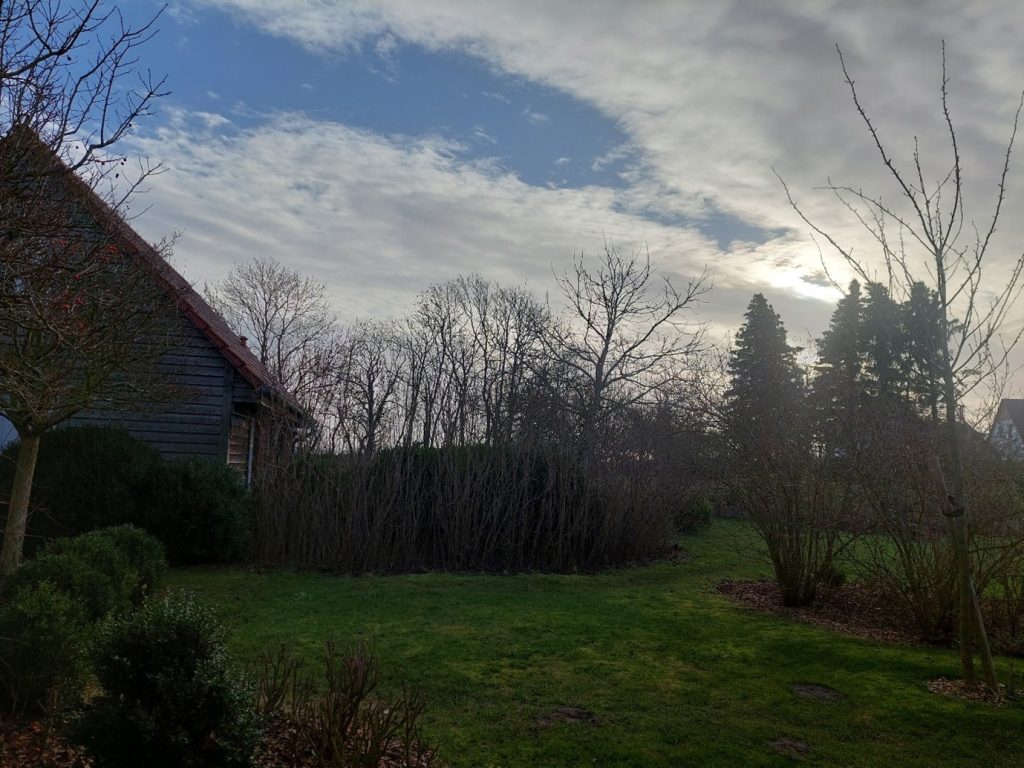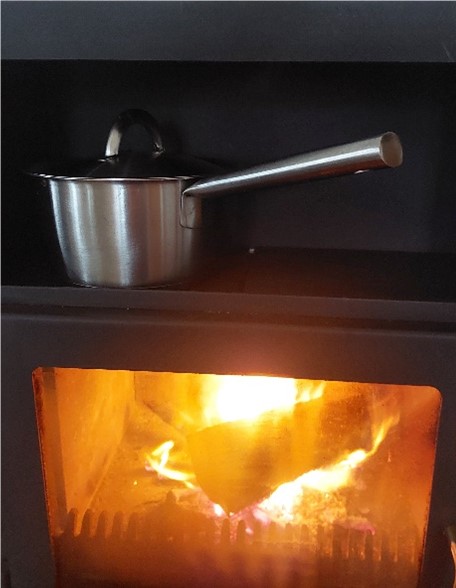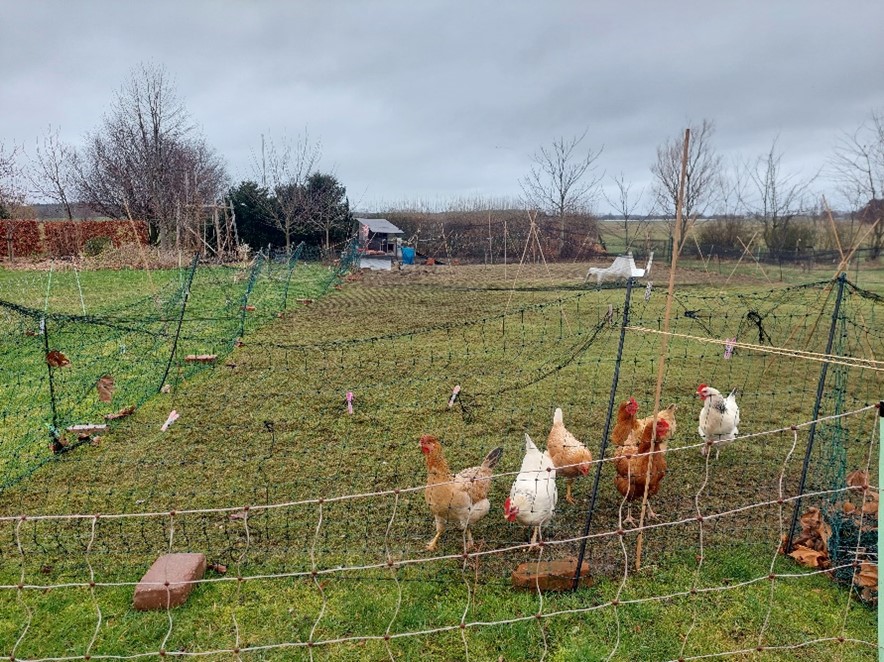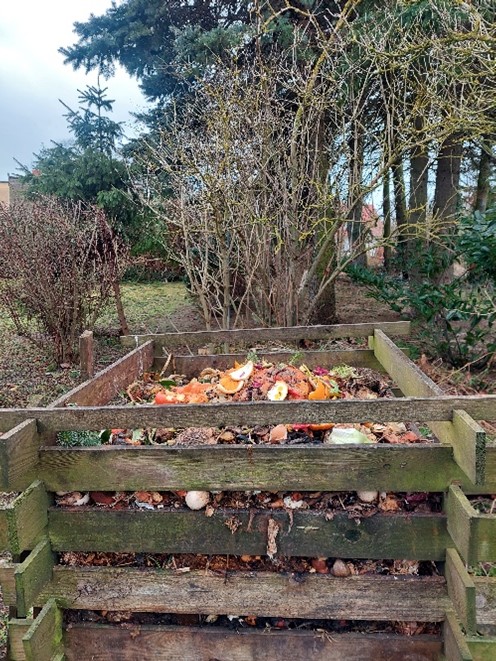by Cornelia Reiher
A few weeks ago, I went to a rural place in Germany’s north for a holiday. In this area, the internet connection is still very bad and since I was looking for some peace it appeared to be the perfect place to spend some time enjoying the silence. I wanted to experience the simple rural life by taking long walks without meeting anyone, sitting in front of a wood-burning fireplace, waking up to the sound of the birds and ignoring my phone, emails and social media for a few days.

Copyright © Cornelia Reiher 2022
However, a terrible storm raged over Germany and in addition to the bad internet connection, there was a power outage, leaving us with no other heating than the fireplace and without light and hot water. Although I found this romantic at first, I was soon longing for hot coffee, a warm shower and a warm meal and bedroom. Everywhere in the area, electricity went off and only one person in the small hamlet owned a gas oven where he made coffee and then visited every house to share it with his neighbors. We also borrowed candles from our hosts and we got quite inventive in warming ready-made soup on our fireplace and even managed to boil water (it took 15 minutes!) for coffee and the eggs we received from our hosts who raise chickens. Electricity and warm water were finally back after two days and I have never enjoyed a hot shower more in my entire life.
Copyright © Cornelia Reiher 2022
This experience made me think about the comforts of rural lifestyles. Many urban-to-rural migrants want to live a simple life close to nature, but how simple is too simple? What do people need for a good life in the countryside in terms of comfort and convenience? In online interviews I conducted recently I asked urban-rural migrants in Kyūshū if they miss anything in their country life. The majority was satisfied with their current lives and mentioned that the town they live in offers more amenities than they would have thought. The answers, however, differed depending on where research participants had lived before and on their previous lifestyles.
One respondent, for example, missed shopping malls shortly after moving to the rural town he now lives in, because he had spent much of his free time in such places. He however said that he soon realized that there are many other things he could do. His new leisure activities include hiking and taking walks around his neighborhood to discover new places like shrines. One woman told me that she liked to go to the movies when she lived in Tokyo and missed a movie theater in her new place of residence. However, she is busy with farming now and only occasionally visits the small galleries in town and sometimes attends a live concert in the newly built music hall. Other newcomers stressed that they prefer the availability of delicious food, clean water, nature and onsen over the amenities of the urban consumer society. In fact, in many cases, getting away from a consumption-oriented urban lifestyle was the main reason why they relocated to the countryside in the first place.
Copyright © Cornelia Reiher 2022
Almost everyone I talked to emphasized that they don’t need to spend much money in their everyday lives. Often, gasoline is the highest cost. Depending on a car to get around was one of the things most of my research participants were actually critical of. One reason was the high cost, the other was the lack of physical activity. While in Tokyo they had to walk to the train station or when they went shopping. In the countryside, however, they drive everywhere by car. Another problem mentioned by many research participants was the sometimes spotty and slow internet connection that also somewhat ridicules new government concepts like “workation”. This concept combines “work” and “vacation” and aims to increase telework from rural areas in order to create a kankei jinkō – that is people who develop bonds to rural communities and will eventually move to the countryside permanently in the future (Japan Times 2019).
In summary, people who move to rural areas look for a simple life in the countryside amidst beautiful nature. They often decide to leave the convenience of their former urban lifestyle behind, but this does not mean that they can do without a stable internet (and by no means without electricity). For many ijūsha this is a matter of necessity to continue their jobs and to connect with their friends and families within and beyond Japan.
References
Japan Times (2019), Japan’s local governments launch ‘workation’ alliance to boost regional revitalization and work-style reform, https://www.japantimes.co.jp/news/2019/11/18/business/japan-local-governments-workation-alliance-revitalization-work-style-reform/, accessed December 4, 2019.





